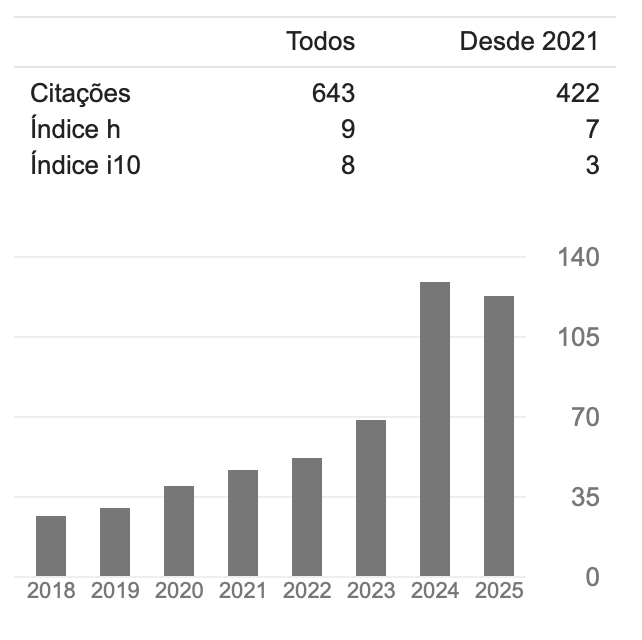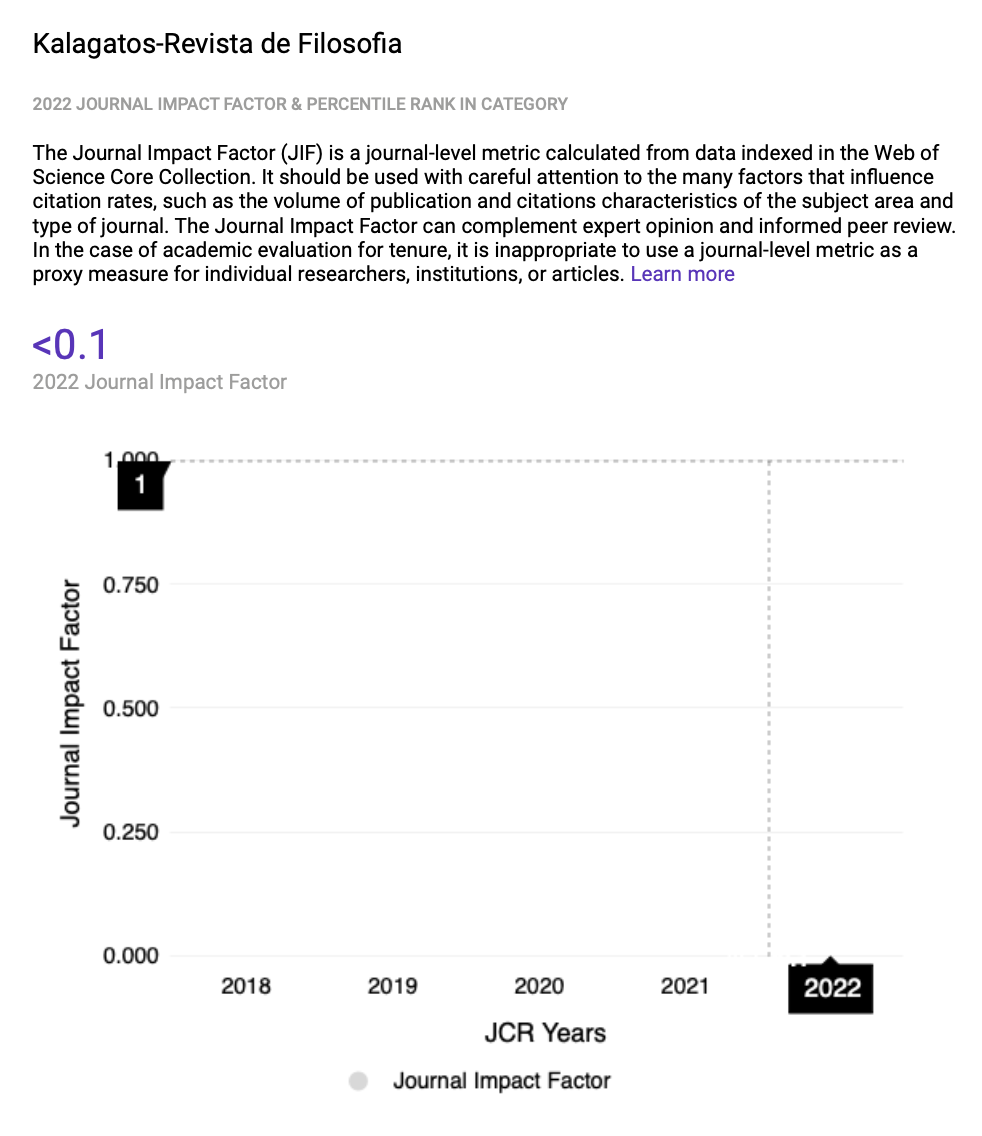The influence of Hegel's philosophy on Marxist philosophical thought
DOI:
https://doi.org/10.52521/kg.v22i1.14567Keywords:
Hegelian Philosophy, Marxist Thought, Dialectical Materialism, Historical Materialism, IdeologyAbstract
The current context of increasing global inequality, economic instability, and political polarization underscores the need to re-examine foundational theories that address social change and class conflict dynamics. This study investigates the significant impact of Hegelian philosophy on the formation of Marxist thought, specifically how Karl Marx and Friedrich Engels incorporated and transformed Hegel's dialectical method into a materialist framework. The research focuses on critical aspects of Hegelian dialectics, such as the synthesis of contradictions. It explores how these were reinterpreted to create Marx’s dialectical materialism, emphasizing the role of material conditions and social relations in shaping history and society. The research method involves a critical analysis of primary texts by both Hegel and Marx, as well as secondary literature that traces the development of Marxist theory from its Hegelian roots. By examining how Marx and Engels transitioned from Hegel's idealism to materialism, the study highlights the importance of understanding the economic base of society and its influence on cultural and political structures, a concept known as historical materialism. The findings demonstrate that Marx's critique of ideology, derived from Hegelian ideas, remains crucial for understanding how dominant ideologies serve to maintain the power of the ruling classes. This research is significant because it offers a deeper understanding of Marxism's theoretical foundations, which continue to inform contemporary social and political analysis. The relevance of this study lies in its potential to provide insights into ongoing issues of class dynamics, inequality, and social change in the modern world.
Downloads
References
Althusser, L. (1969). For Marx. Penguin Press.
Benton, T. (2007). Philosophy of Social Science: The Philosophical Foundations of Social Thought. Palgrave Macmillan.
Bunge, M. (2001). Scientific Realism: Selected Essays of Mario Bunge. Prometheus Books.
Colletti, L. (1973). Marxism and Hegel. NLB.
Eagleton, T. (2011). Why Marx Was Right. Yale University Press.
Engels, F. (1940). Dialectics of Nature. International Publishers.
Feuerbach, L. (1989). The Essence of Christianity. Prometheus Books.
Foster, J. B. (2000). Marx's Ecology: Materialism and Nature. Monthly Review Press.
Foster, J. B., & Burkett, P. (2000). Marx and the Earth: An Anti-Critique. Brill.
Harvey, D. (2003). The New Imperialism. Oxford University Press.
Harvey, D. (2005). A Brief History of Neoliberalism. Oxford University Press.
Harvey, D. (2023). Anti-Capitalist Chronicles. Pluto Press.
Hegel, G. W. F. (1977). The Phenomenology of Spirit (A. V. Miller, Trans.). Oxford University Press.
Hegel, G. W. F. (1991). The Encyclopaedia Logic: Part I of the Encyclopaedia of Philosophical Sciences with the Zusätze. Hackett Publishing Company.
Hook, S. (1955). From Hegel to Marx: Studies in the Intellectual Development of Karl Marx. University of Michigan Press.
Lebowitz, M. A. (2003). Beyond Capital: Marx's Political Economy of the Working Class. Palgrave Macmillan.
Lenin, V. I. (1902). What Is to Be Done?. Penguin Classics.
Lenin, V. I. (1972). Materialism and Empirio-Criticism. Progress Publishers.
Lopez, A. (2024). Digital Labor and Alienation: A Marxist Analysis of the Gig Economy. Verso Books.
Lukács, G. (1971). History and Class Consciousness. MIT Press.
Marx, K. (1845). Theses on Feuerbach. Progress Publishers.
Marx, K. (1859). Preface to A Contribution to the Critique of Political Economy. Progress Publishers.
Marx, K. (1867). Capital: Volume 1 (B. Fowkes, Trans.). Penguin Classics.
Marx, K. (1977). A Contribution to the Critique of Political Economy. Progress Publishers.
Marx, K. (1992). Capital: Volume 1. Penguin Classics.
Marx, K. (1977). Critique of Hegel's 'Philosophy of Right'. Cambridge University Press.
Marx, K., & Engels, F. (1846). The German Ideology. Progress Publishers.
Marx, K., & Engels, F. (1848). The Communist Manifesto. Oxford University Press.
Marx, K., & Engels, F. (1983). Collected Works, Volume 5: Marx and Engels 1845-47. International Publishers.
McLellan, D. (1975). Marx. Harper & Row.
Ollman, B. (2003). Dance of the Dialectic: Steps in Marx's Method. University of Illinois Press.
Richards, T. (2024). AI, Automation, and Class Struggle: The Future of Work in a Capitalist Society. Palgrave Macmillan.
Sayer, D. (2004). The Violence of Abstraction: The Analytical Foundations of Historical Materialism. Blackwell.
Sayers, S. (1980). Marxism and Human Nature. Routledge.
Smith, C. (1993). Marxist Philosophy and Social Science. Palgrave Macmillan.
Smith, C. (2005). Karl Marx and the Future of the Human. Lexington Books.
Stace, W. T. (1955). The Philosophy of Hegel. Dover Publications.
Tucker, R. C. (1978). The Marx-Engels Reader. W. W. Norton & Company.
White, S. K. (1983). Hegel and Marx: Economy and Agency. SUNY Press.
Wood, A. (2004). Karl Marx. Routledge.
Saito, K. (2023). Marx in the Anthropocene: Towards the Idea of Degrowth Communism. Cambridge University Press.
Downloads
Published
How to Cite
Issue
Section
License
Copyright (c) 2025 Xuan Dung Bui

This work is licensed under a Creative Commons Attribution 4.0 International License.



















